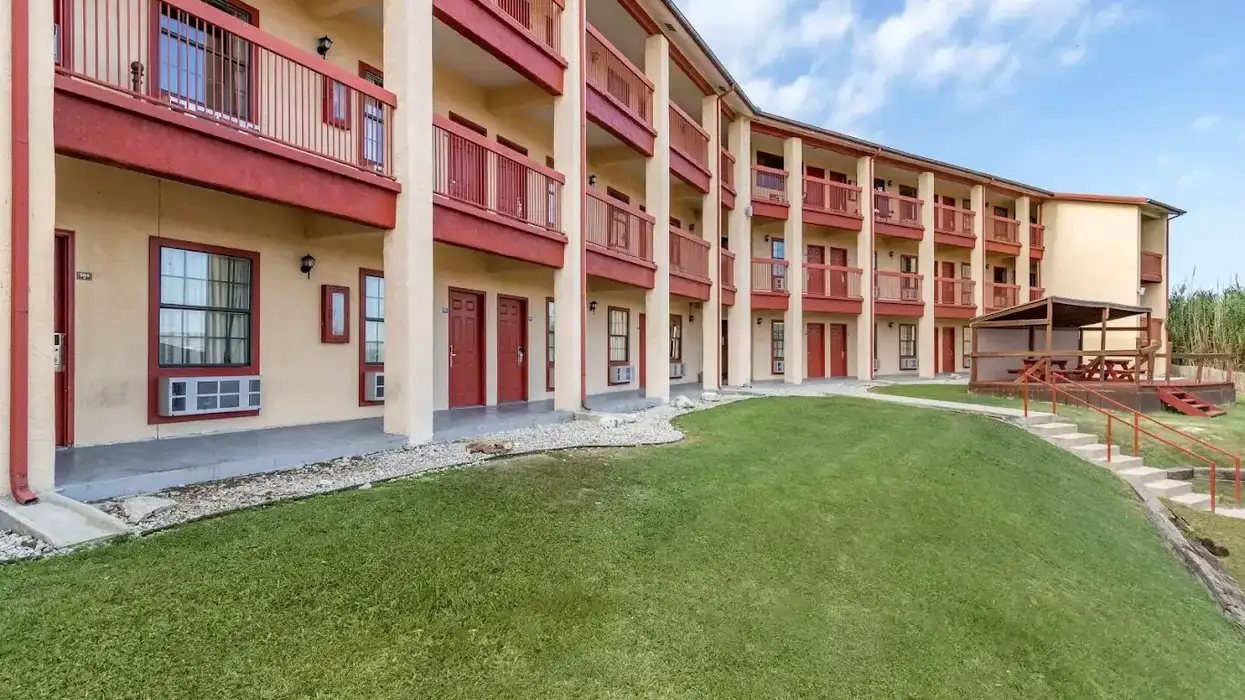On the whole, travelling as a vegan can be tricky. Some countries don't offer much in terms of plant-based options on a menu, while certain hotels don't have anything vegan-friendly whatsoever. Thankfully, though, as awareness spreads, the accommodation options for vegan travellers are beginning to increase with it. In fact, in recent times, vegan-friendly hotels have been popping up all over America.
Whether you're in New York or California, a number of vegan-friendly hotels are providing fantastic experiences for vegans. Some venues offer animal-free bedding, furniture and cleaning products, while other hotels might not go to such lengths but at least appreciate that vegans need to eat and therefore tailor their menus accordingly.
This new phenomenon is certainly encouraging for vegans who perhaps don't feel comfortable staying in a place that doesn't cater for them and their beliefs. Usually, vegans might have to use their powerful smartphone devices not only for entertainment purposes like having a YouTube binge or playing the Thai Paradise online slot game, but also to turn to apps like HappyCow for mealtimes as they venture out of the hotel to find suitable places to eat. It can certainly make a hotel stay feel like more of a hassle than a relaxing break away.
As vegan-friendly hotels continue to be established all over the country, here is a look at some of the best options that will help every vegan sleep a little more soundly.
Stanford Inn by the Sea - Mendocino, CA
With stunning views of the Pacific Ocean, Stanford Inn by the Sea is a fantastic option without its vegan offering, but the fact it's a pet and eco-friendly place to stay makes it even more impressive. The Stanford Inn not only has a fantastic vegan restaurant called The Ravens, but it also offers a range of wellness classes championing vegan products. With a vegan fine-dining experience on offer and numerous rescued animals to bond with during your stay, Stanford Inn by the Sea is a great option.
The Bel Air Treehouse - Los Angeles, CA
A truly unique hotel to enjoy, The Bel Air Treehouse is run by a vegan couple who know exactly what vegans want. An eco-chic boutique hotel promoting the benefits of kindness, sustainability, and zero waste, guests can access a range of vegan treats and enjoy petting the resident cat. Offering an extensive range of organic, biodynamic, and fair-trade products, The Bel Air Treehouse is a must-stay location for all vegans. It even offers yoga sessions, massage therapy, and numerology reading too.
Best Friends Roadhouse and Mercantile - Kanab, UT
(Image via https://twitter.com/bestfriends)
A hugely popular place at the moment, Best Friends Roadhouse and Mercantile goes above and beyond to satisfy all vegans. All rooms are pet-friendly, bathroom amenities are animal and cruelty-free, the large-scale photograph of a sanctuary animal in each room is a lovely touch, and they offer a range of vegan-friendly treats and snacks. The only downside is that there isn't an on-site restaurant, but a number of vegan establishments are nearby.
Park Lane Guest House - Austin, TX
The Park Lane Guest House is a truly green venue to stay at in what is one of the greenest cities in the country. All of the cottages on offer are not only cosy and beautifully designed, but they are also solar-powered. On top of this, the coffee they serve is fair-trade, they refuse to use chemical cleaners, and the breakfast menu is packed full of vegan options.
Other vegan-friendly hotels worth staying at are The Gray Barn at Woodstock Farm Sanctuary - High Falls, NY and Dreamers Welcome - Wilmington, NC.





